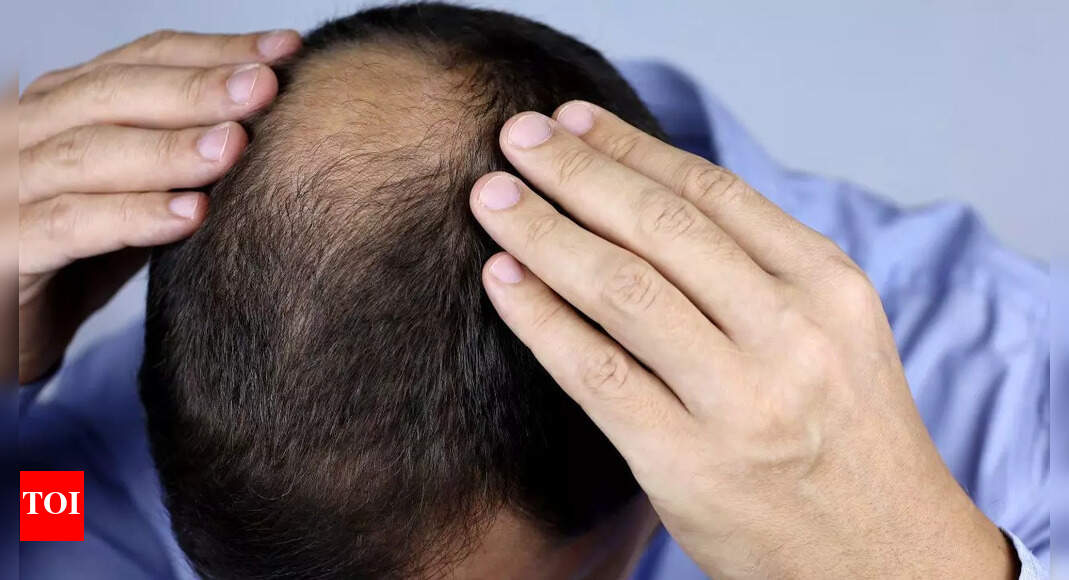
A widely used medication for male pattern baldness, finasteride, may carry serious mental health risks, according to new research from Israel. The study, led by Dr Mayer Brezis at Hadassah-Hebrew University Medical Center, suggests that users of the drug face a significantly higher likelihood of mood disorders, depression, and even suicidal thoughts compared to those who do not take it. While finasteride, also known by its brand name Propecia, has been prescribed since the 1990s to treat hair loss, emerging evidence indicates that the potential psychological side effects have been underestimated for years. Experts are now urging regulatory authorities to reassess the drug’s safety.
Hair loss treatment and mental health risks
Animal studies have previously linked finasteride to long-term brain inflammation and changes in the hippocampus, a brain region essential for memory, learning, and emotional regulation. The FDA recognized depression as a potential side effect in 2011 and added suicidal ideation and behavior to the label in 2022. However, internal FDA documents uncovered by Brezis suggest that concerns about suicide risk were raised as early as 2010, though the agency reportedly rejected these warnings without disclosing the rationale.Brezis highlights a larger problem with pharmacovigilance, arguing that underreporting and inadequate safety studies have masked the true toll of finasteride. While official FDA records noted 18 suicides linked to the drug by 2011, global estimates could be much higher, given its widespread use. Critics also point to Merck, the drug’s original manufacturer, for not conducting thorough database analyses and for insufficiently investigating potential mental health risks.
Calls for regulatory action
Given these findings, Brezis is advocating for a temporary suspension of finasteride for cosmetic use until a full safety reassessment is conducted. He is also urging the FDA to mandate post-approval studies for all drugs with potential psychiatric side effects and to ensure that suicide investigations systematically include patient drug histories.For those concerned about finasteride, FDA-approved topical minoxidil remains a safer option for androgenetic alopecia. While traditional minoxidil has limited skin absorption, new research suggests that combining it with stevioside, a natural compound derived from the stevia plant, may improve delivery to hair follicles and stimulate regrowth. Experts note that treatment is most effective in the early stages of hair loss, and discontinuation will typically lead to gradual reversal of results.
Awareness and informed choices
The study underscores the importance of understanding the potential side effects of widely used medications. Patients experiencing mood changes while using hair loss treatments should consult healthcare providers immediately. As evidence mounts, regulatory agencies, doctors, and patients alike must weigh cosmetic benefits against potentially serious mental health risks.








